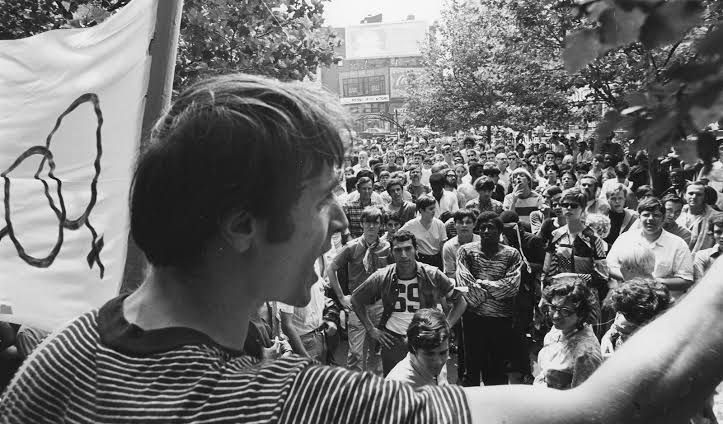- Unmukt
- Oct 10, 2024
- 3 min read
Written By Udayabhanu Nath

The ongoing debate surrounding Algerian boxer Imane Khalif has ignited a fierce discussion about gender identity, eligibility, and fairness in women's sports. As Khalif competes in the women’s 66 kg boxing event at the Paris 2024 Olympics, her participation has sparked a multitude of questions and emotions.
Background on Imane Khalif
Imane Khalif, a 25-year-old boxer from Tiaret, Algeria, has faced numerous challenges and overcome significant obstacles in her journey to become a professional athlete. Initially, she was a football player, but her passion for boxing led her to switch sports, despite her father's disapproval of girls participating in boxing. Khalif made her professional debut at the 2018 World Championships and has since represented Algeria in various international competitions, including the Tokyo 2020 Olympics, where she advanced to the quarterfinals.
The Controversy
The controversy began when Khalif was disqualified from the 2023 World Boxing Championships by the International Boxing Association (IBA) due to alleged gender eligibility issues. The IBA claimed that DNA tests showed she had XY chromosomes, a assertion that Khalif and her supporters have vehemently denied as a "big conspiracy".
The Paris 2024 Olympics
Khalif's participation in the women's category has been a focal point of controversy at the Paris Olympics. Her opening bout against Italian boxer Angela Carini ended abruptly when Carini withdrew after just 46 seconds, citing safety concerns. This incident reignited the debate about Khalif's eligibility and the broader implications for women's sports.
IOC's Stance and Public Reaction
The International Olympic Committee (IOC) has stood by Khalif's eligibility, emphasizing that she has always identified as female and has the necessary legal documentation to compete in women's categories. IOC spokesperson Mark Adams has clarified that the IOC does not question Khalif's gender identity and criticized the misinformation circulating on social media.
Despite the IOC's support, the controversy has drawn significant media attention and public scrutiny. Conservative commentators and anti-LGBTQ+ activists have used social media to oppose Khalif's participation, with figures like former U.S. President Donald Trump and Italian Prime Minister Giorgia Meloni questioning the integrity of women's sports.
Support and Solidarity
On the other hand, many athletes and advocates for gender inclusivity have expressed strong support for Khalif. They argue that she should be allowed to compete based on her self-identified gender and the legal recognition she has received. This support underscores the complex and nuanced nature of gender identity and the need for inclusivity in sports.
The Role of Gender Testing in Sports
The debate surrounding Khalif's participation highlights the ongoing challenges in navigating gender testing in sports. Historically, sex verification tests were used until 1999 but were later deemed unreliable and invasive. The IOC has shifted its approach to rely on self-identification and legal documentation, rather than intrusive testing methods. This change reflects a broader understanding of gender identity but also raises questions about fairness and competitive balance.
Conclusion
As Imane Khalif continues to compete at the Paris 2024 Olympics, her story serves as a microcosm of the larger societal debates about gender identity in sports. The intersection of science, ethics, and personal identity makes this issue inherently complex. Whether Khalif's presence on the Olympic stage will lead to policy changes or further polarization remains to be seen, but discussions around gender eligibility will continue to evolve alongside our understanding of identity itself.
Khalif's own words resonate deeply in this context: "The wave of hateful scrutiny ... damages human dignity." She urges an end to the bullying of athletes, emphasizing the significant consequences it can have on individuals and the broader sporting community.
As the world watches Khalif's journey, it is a reminder that athletes are not just competitors but also human beings navigating complex societal issues. The support and solidarity she has received from many quarters underscore the importance of inclusivity and respect in sports.


